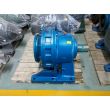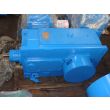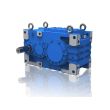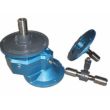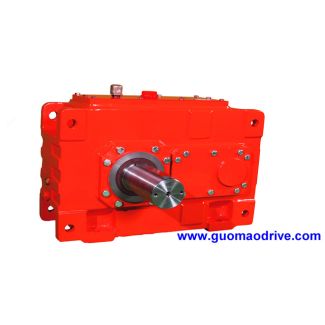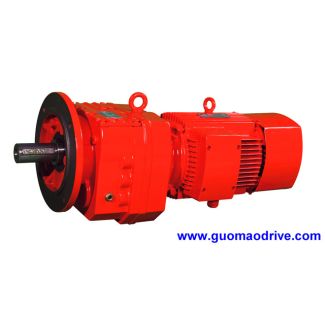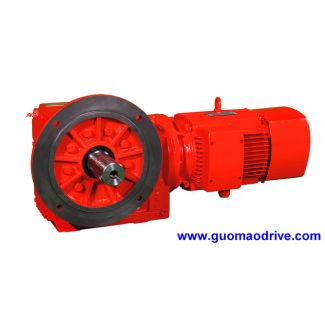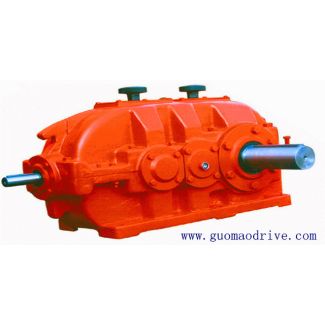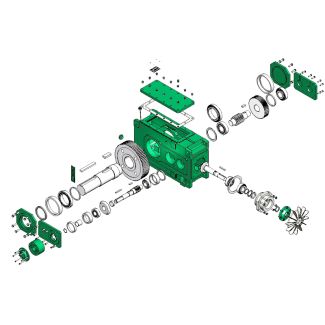tage gear unit sizes to Selection and ordering B3-HH15-B Bevel-helical gearbox B3
In stock
SKU
B3-HH15-B
$79,928.57
Flender/Flender Gear Units/Bevel-helical gearbox B3
products and solutions. We respect the intellectual property rights ofthird-parties. 2This is what we do: We make business decisions in the best interest of our company and not on the basis of personalinterests. We anticipate and avoid situations in which
the best interest of our company and not on the basis of personalinterests. We anticipate and avoid situations in which  theappearance of conflict of interest may arise. We do not, as part of our work for Flender, engagecompanies with which
theappearance of conflict of interest may arise. We do not, as part of our work for Flender, engagecompanies with which  we have personal interestif it could personally benefit us, whether or not wehave or can exert direct or indirect influence
we have personal interestif it could personally benefit us, whether or not wehave or can exert direct or indirect influence  onFlenders business decision. We inform our managers of any personal interestthat might exist in connection with the perfor-mance of our official duties. To protect ourselves and our company, we pay close attention to possible conflicts of interest. The fol- lowing questions help us assess whether there is con-flict or an appearance of conflict: Is the decision we make for Flender influenced by per-sonal interests? What impression would the situation leave on third- parties, such as customers, business partners orinvestors? How would the public react to my business decision? Here is classic example of an internal conflict of interest: There is an intimate relationship between an employee and manager. The manager is obliged to disclose the conflict of interest at an early stage and change the reporting rela-tionship.Handling of the Flender brand and other intellectual property rights What makes the Flender brand so valuable? The brand... provides focus to our stakeholders, such as customers,employees, etc.; distinguishes us from the competition; ultimately generates trust. Why are intellectual property rights so important to Flender? If our innovations are not protected, third-parties can copy our products, which leads to loss of competitive advan-tage. When our innovations are infringed, we lose the value of our investments in research and development. Conflicts of interest we only make business decisions in the interest of Flender We are not influenced by
onFlenders business decision. We inform our managers of any personal interestthat might exist in connection with the perfor-mance of our official duties. To protect ourselves and our company, we pay close attention to possible conflicts of interest. The fol- lowing questions help us assess whether there is con-flict or an appearance of conflict: Is the decision we make for Flender influenced by per-sonal interests? What impression would the situation leave on third- parties, such as customers, business partners orinvestors? How would the public react to my business decision? Here is classic example of an internal conflict of interest: There is an intimate relationship between an employee and manager. The manager is obliged to disclose the conflict of interest at an early stage and change the reporting rela-tionship.Handling of the Flender brand and other intellectual property rights What makes the Flender brand so valuable? The brand... provides focus to our stakeholders, such as customers,employees, etc.; distinguishes us from the competition; ultimately generates trust. Why are intellectual property rights so important to Flender? If our innovations are not protected, third-parties can copy our products, which leads to loss of competitive advan-tage. When our innovations are infringed, we lose the value of our investments in research and development. Conflicts of interest we only make business decisions in the interest of Flender We are not influenced by| Model Type | Bevel-helical gearbox B3 |
|---|---|
| Gear Type | Bevel Helical Gear |
| Weight (kg) | 3730.000000 |
| Ratio Range | 1 : 12.5…71 |
| Low Speed Output | Hollow shaft with keyway acc. to DIN 6885/1 |
| Nominal Torque | 153000 Nm |
| Mounting Arrangements | Horizontal mounting position |
| Manufacturer | Flender de Mexico, S.A. de C.V. |
| Country of Manufacture | Germany |
| Data Sheet & Drawings | tage gear unit sizes to Selection and ordering B3-HH15-B Bevel-helical gearbox B3 |



